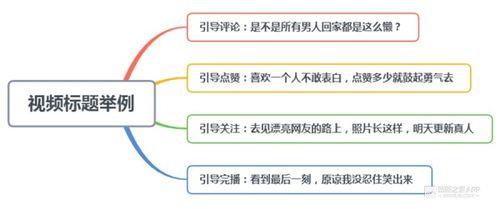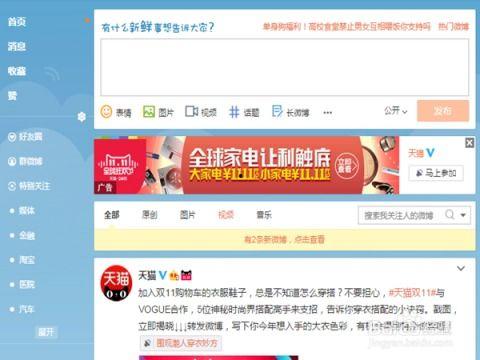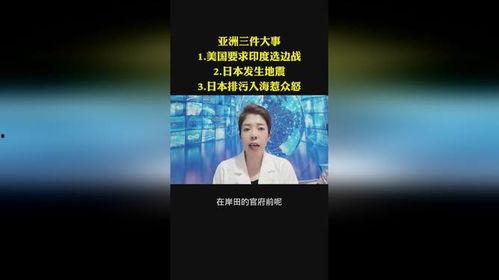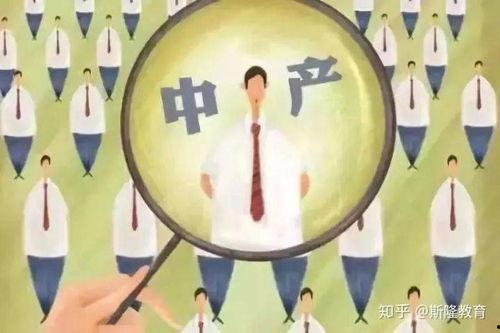Oh, the pandemic has certainly thrown a wild card into the economic deck, hasn't it? It's like trying to play chess while the board is constantly shifting beneath your fingers. But fear not, dear reader, because today we're diving into the buzzing hot topics that have emerged in the economic world since the疫情 hit. Get ready to have your mind tickled with facts, figures, and fascinating insights!
The Great Reshuffle: The Shift to Remote Work

Remember when the office was the epicenter of your professional life? Well, those days might be a distant memory now. The pandemic has accelerated the shift to remote work like nothing else. According to a report by Global Workplace Analytics, the number of employees working from home has increased by 87% since the start of the pandemic. This shift has sparked a whole new wave of discussions about work-life balance, productivity, and the future of office spaces.
But here's the catch: while remote work has its perks, it's also brought along a host of challenges. From battling loneliness to dealing with tech glitches, the transition hasn't been smooth sailing for everyone. Companies are now grappling with how to maintain team cohesion and ensure that their employees feel connected, regardless of their physical location.
The Gig Economy: A Boon or a Bane?

The gig economy has been a hot topic for years, but the pandemic has only fueled the debate. With traditional jobs becoming scarce, many turned to gig platforms like Uber, Lyft, and Fiverr to make ends meet. According to a study by Upwork, 56% of the global workforce is now engaged in some form of independent work.
On one hand, the gig economy offers flexibility and the chance to earn extra income. On the other hand, gig workers often lack the benefits and job security that come with traditional employment. This has led to calls for better regulations and protections for gig workers, ensuring they have access to healthcare, retirement savings, and fair wages.
The Great Divergence: Wealth and Inequality
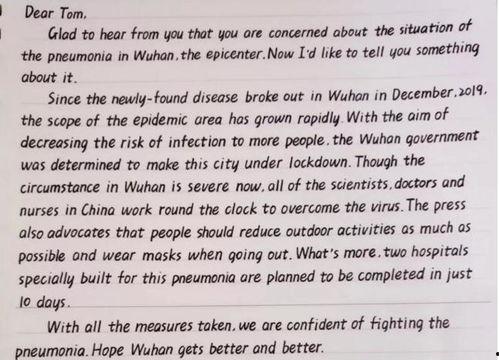
The pandemic has exposed and exacerbated the wealth gap like never before. According to the World Inequality Lab, the richest 10% of the world's population saw their wealth increase by 10.5% during the pandemic, while the bottom 50% saw their wealth decline by 11.1%. This stark contrast has reignited discussions about income inequality and the need for more equitable economic policies.
Governments around the world are now considering various measures to tackle this issue, from raising the minimum wage to implementing wealth taxes. The challenge lies in finding a balance that doesn't stifle innovation and economic growth while ensuring that everyone has a fair shot at success.
The Green New Deal: A Shot in the Arm for the Environment
The pandemic has also highlighted the importance of environmental sustainability. As we emerge from the crisis, there's a growing consensus that the world needs to move towards a greener future. Enter the Green New Deal, a concept that aims to address climate change and economic inequality simultaneously.
The Green New Deal involves investing in renewable energy, sustainable transportation, and green infrastructure. Proponents argue that this initiative could create millions of jobs and stimulate economic growth. However, critics warn that the transition to a green economy could be costly and disruptive.
The Digital Divide: Bridging the Gap
One of the most pressing issues that the pandemic has brought to light is the digital divide. With remote work and online learning becoming the norm, access to reliable internet and digital devices has become crucial. Unfortunately, millions of people around the world still lack these essential tools.
Closing the digital divide is no small feat, but it's essential for ensuring that everyone has an equal opportunity to participate in the digital economy. Governments, NGOs, and private companies are working together to bridge this gap, providing internet access and devices to underserved communities.
In conclusion, the pandemic has certainly thrown a curveball to the economic world, but it's also sparked some fascinating discussions and initiatives. From the shift to remote work to the push for a greener economy, these hot topics are shaping the future of our world. So, what do you think? How will these trends impact your life and the world around you? Let's keep the conversation going!
